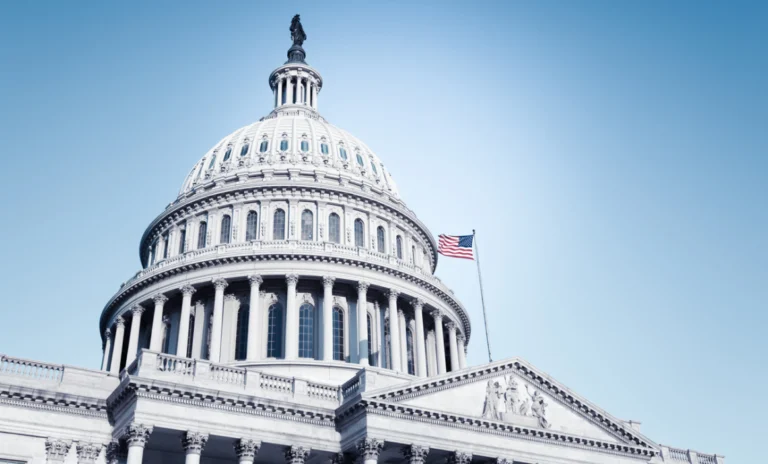Leadership Lens Series Episode 1: Decoding Biosimilars
In Episode 1: Decoding Biosimilars – Scott Webb and Azim Bari from Gateway Health Partners along with Paul Fischer from VytlOne break down the evolving landscape of biosimilars. In this 30-minute webinar, you’ll gain expert insights on: Thanks to VytlOne for their partnership with this series.









